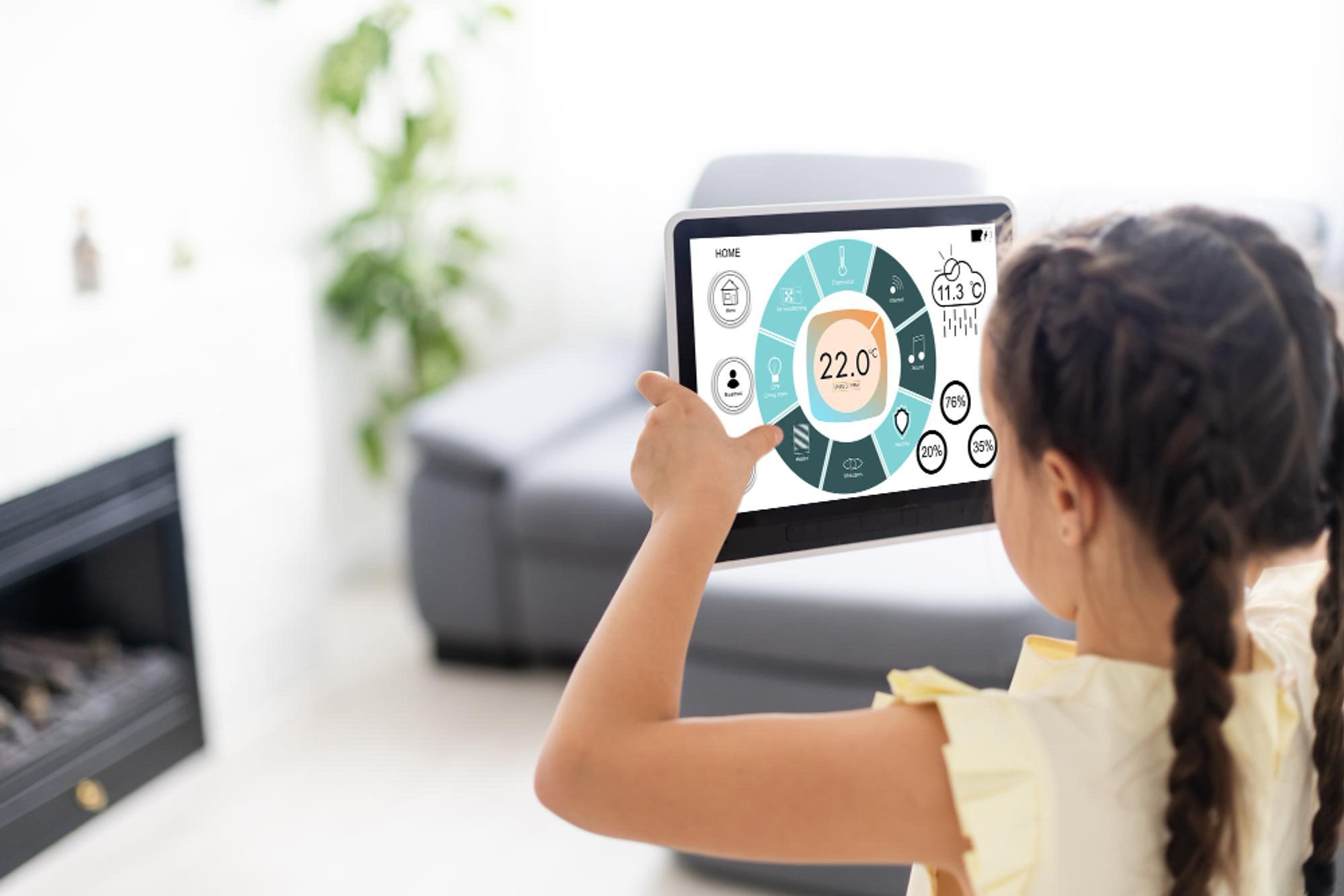Top 3 Devices That Hackers Can Spy on You
date
Sep 28, 2022
slug
devices-that-hackers-can-spy-on-you
status
Published
summary
Smart devices have vulnerabilities against hacker attacks. To be honest, hackers will always find a way to exploit anything mechanic. Let’s learn which devices hackers can attack and how to protect yourself against these attacks.
tags
Website
type
Post
featured_image_url
Author
Buse Eker
category
Cyber Security
meta_title
Top 3 Devices That Hackers Can Spy on You - FastVPN
Have you ever heard of a spying device? And do they really exist, or are spying devices rumors that arew started by hackers themselves?
Is your personal information at risk? If you ever write anything down or store it electronically, it is possible that somebody could hack into your device and read it. That's because there are almost a million different ways they can spy on you and your devices. Here are devices that hackers can spy on you!
Top Devices That Can Be Hacked1. Smart Thermostats2. Smart Fridges3. Smart TVsPrevent Privacy Damage1. Know the risks2. Keep your devices updated with the latest patches3. Don't share any personal information on social media or messaging apps -unless you have end-to-end encryptionConclusion
Top Devices That Can Be Hacked
The smart home is a burgeoning industry, but it's also one that's still going through some growing pains.
With the rise of the internet of things (IoT), more and more devices are connecting to each other and communicating with users. But this increased connectivity can also lead to security issues—and when those security issues are exploited, they can have serious consequences for users.
Here are some of the most common devices that can be hacked:
1. Smart Thermostats

Smart thermostats make it easy to control your home's temperature from anywhere you have an internet connection. But these devices are often not secure enough to keep out intruders who want access to your home network and personal information.
2. Smart Fridges
A new generation of smart refrigerators makes it easier than ever for people to keep track of what food is in their fridge at any given time—but these devices are not always designed with security in mind, which means they may be vulnerable to intrusion attempts by hackers.
3. Smart TVs

Smart TVs connect directly with the Internet so that users can watch videos, browse websites, play games, or stream music directly onto their television sets—which makes them particularly vulnerable because they have access to sensitive data.
Prevent Privacy Damage
So, you've gotten yourself a smart home. Now what? A lot of people get excited about the idea of an IoT device, but they don't really know what to do with it. They buy it, set it up, and then… nothing. It's just sitting there in their house, doing nothing.
We're all used to smart home systems and IoT devices that we can control from our phones. We can set our thermostats to turn on when we're away, or get notifications when the kids get home from school. But what if those devices are not secured enough?
You might be worried that there are too many different aspects of this technology that you don't understand: how it works, why you should use it, or even what kind of benefits it offers.
If you're using IoT devices, you probably want to protect your privacy. Here's how:
1. Know the risks
There are many risks associated with using IoT devices, including data breaches, hacking attempts, and even physical harm. Make sure you're aware of all of these risks before you start using any new device.
2. Keep your devices updated with the latest patches
The most common way for hackers to gain access to your data is through security holes in your IoT devices' software—and they're constantly looking for ways to exploit these vulnerabilities so they can access your information! That's why it's so important that you keep your devices up-to-date with the latest patches from the manufacturer.
3. Don't share any personal information on social media or messaging apps -unless you have end-to-end encryption
Messaging apps like WhatsApp have been known for allowing companies like Facebook access to users' personal information without their knowledge—and although Facebook has since vowed not to do this again -at least until 2020-, we don't recommend sharing anything.
The good news is that this kind of hacking isn't as easy as it sounds—you'd have to be an expert hacker who knows exactly what they're doing. The bad news? Even if this kind of attacks require expertise at some point, cyber crimes are very common today. You can see new cyber attack news every single day.
Conclusion
With the vast majority of people already owning a smartphone, there is no shortage of smart devices. Therefore, it is becoming increasingly necessary to protect the information they hold. Think of how much private data your phone could contain: email addresses, bank account numbers, photo albums and even shopping lists - all at the fingertips of a hacker. SMS verifications and password protection are working methods to protect yourself but that's not enough in a world where security is becoming more important than ever! Another way to avoid hacker attacks, is using VPN for IoT devices. You can set VPN on router and protect your devices being hacked.
In closing, we strongly recommend that you ensure that your private information isn't getting into the wrong hands. So, be more aware of the security of the devices you use and the applications you run to ensure your private information stays safe and sound.